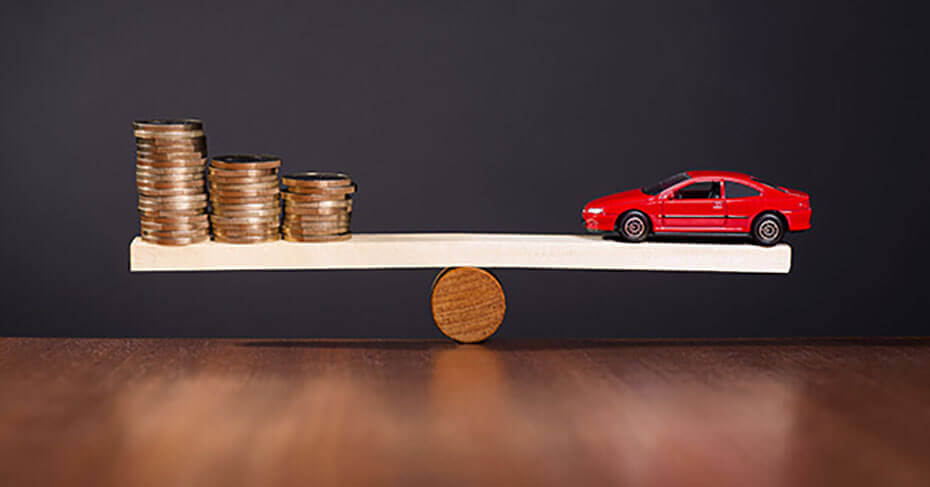
7 Hidden Costs to Expect When Buying a Car

by Maddi Butler
Buying a car is as stressful as it is exciting. Whether you’re buying used or new, there’s so much to consider even beyond make and model. What kind of gas mileage do you want? Will you be taking it off-road? Do you need it to shuttle the kids to and from baseball or band practice? Regardless of what you’re using it for, you still want your vehicle to be reliable. Nobody wants a car that will require constant repair. While maintenance costs are one thing you’ll want to think about ahead of time, there are some other important things to consider, too. Here are some of the other expenses you might not expect when you’re buying a car.
1. State fees.
Once you purchase your car, you’ll have to register it with your state. Expect a vehicle registration fee, license fee, title fee, compliance fee, documentation fee, emissions testing fee, and more. Some of these are lumped into your contract, and fees vary by state, but know to expect a higher total on your contract than the actual price of the car.
2. Interest charges.
It’s good to have a budget, but most people don’t have room in their budget to pay for a car with cash. If you’re financing your car, know that over the life of your loan, you’ll rack up interest. Shop around for a loan ahead of time, as dealer financing and bank financing could mean the difference between paying a couple and several thousand dollars in interest.
3. An unreliable buy
When you buy a used car, it’s not just important to consider the make and model. You also need to consider the history of the car. If you’re purchasing through a dealership, they’ll likely have the vehicle history on hand. If you aren’t, it might be worth purchasing a vehicle history report to make sure the used vehicle isn’t a lemon.
4. Upsells.
Most dealerships will offer optional items with your car. These can include anything from fabric protection to anti-theft devices to undercoating. While you may opt for these items at some point, remember that they are in fact options. If you say yes, you’ll likely end up paying a premium price for them.
5. Tolls and parking.
Depending on where you live and what your commute is like, you may end up paying extra for tolls and parking. If you rent an apartment, for example, you may have to pay extra to rent a parking spot. And in some cities, these can come with a hefty price tag.
6. Leasing fees.
If you should cancel your lease before it ends, you’ll likely incur a fee. However, the company you lease your car from may have other restrictions that, if broken, will also add fees to your bill. Going over your mileage for the year is a common example. Just be sure to read your contract carefully.
7. Maintenance costs.
We mentioned these before, but they’re important to think about. Make sure to budget in two oil changes per year. You may also want to budget in a little extra, just in case something happens. Unfortunately, most cars won’t run perfectly forever, and you’ll want to have a plan in place if something should happen that isn’t covered by insurance.